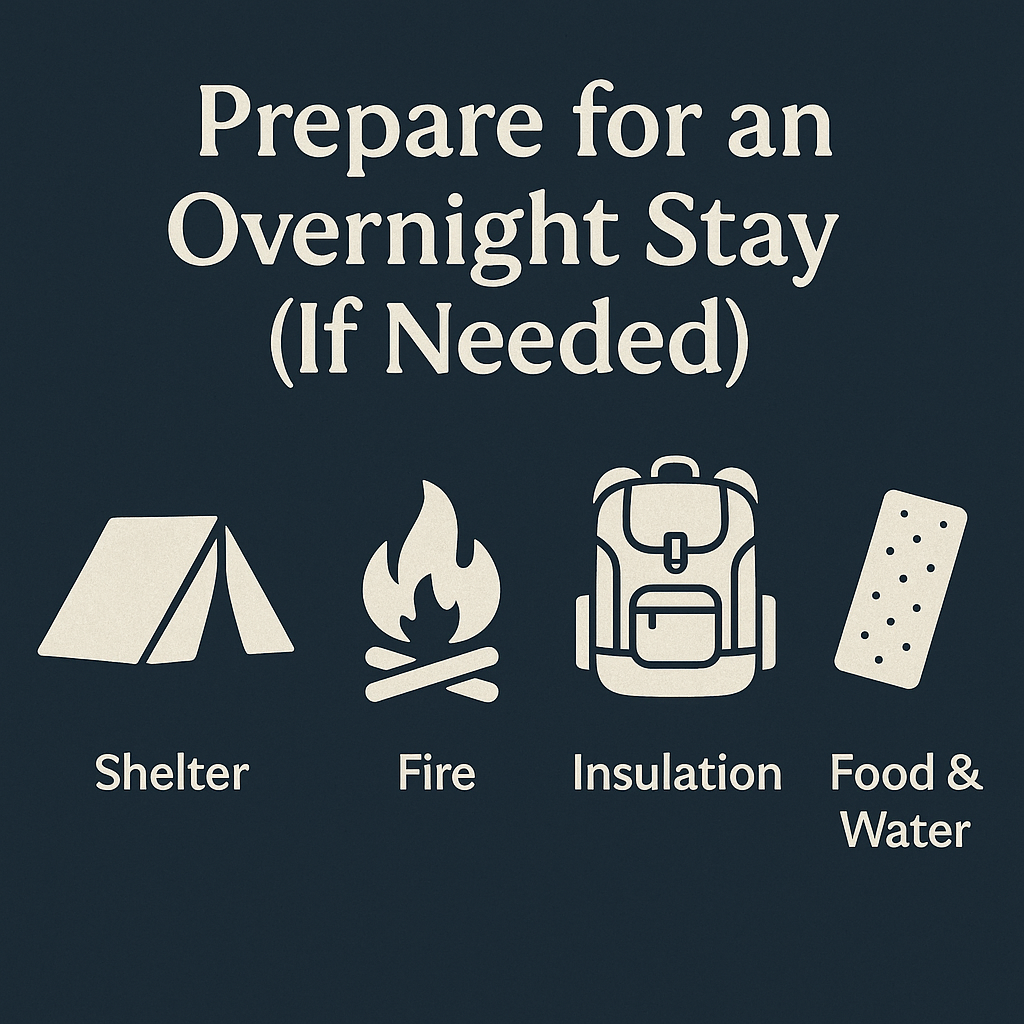What to Do If You Get Lost in the Wilderness
Getting lost while hiking or camping can happen to anyone—even experienced outdoor lovers. Whether you’ve strayed from the trail or the weather took a turn, the most important thing you can do is stay calm and act intentionally. Here’s what to do if you find yourself lost in the wilderness.
1. Stop and Stay Put
Don’t Panic
Take a few deep breaths. Panic leads to poor decisions, like walking in circles or heading further off course.
Use the STOP Method
Stop moving
Think about your last known location
Observe your surroundings
Plan your next steps
Unless you’re in immediate danger, stay where you are.
2. Try to Reorient Yourself
Check for Landmarks
Look for familiar trees, ridgelines, lakes, or trail signs. Retrace your steps only if you’re confident in the direction.
Use a Map or GPS
Paper maps, compasses, and GPS devices are ideal. If using a phone, conserve battery—turn off Wi-Fi and close unused apps.
Mark Your Location
If you choose to move, mark your path using sticks, stacked rocks, or drawn arrows in the dirt so you can find your way back.
3. Signal for Help
Make Noise
Whistle, shout, or bang sticks together. Whistles are louder and carry farther than your voice.
Create Visible Signals
Lay out bright gear or clothing in open areas. Use rocks or logs to make large arrows or “SOS” visible from above.
Use a Phone or Emergency Beacon
If you have reception, text your location. If you carry a PLB or satellite communicator, use it only in true emergencies.
4. Prepare for an Overnight Stay (If Needed)
If it’s getting dark or weather is worsening, prepare to hunker down:
Find Shelter
Look for natural cover or use an emergency blanket or tarp. Stay dry and out of the wind.
Stay Warm
Insulate yourself with dry leaves, pine needles, or spare clothing. Avoid sleeping directly on the cold ground.
Ration Food and Water
Eat small amounts and sip water. Avoid untreated water unless it’s an emergency.
Preventing It: Tips to Stay Found
Tell someone your plan and expected return time
Bring a map, compass, and headlamp on every hike
Stay on marked trails
Carry extra food, water, and a fire starter
Know the signs of disorientation and act early
Final Thoughts
Getting lost doesn’t have to be a disaster. By staying calm, making smart decisions, and being prepared, you can improve your odds of getting found quickly and safely. The best survival skill? Preparation and presence of mind.



